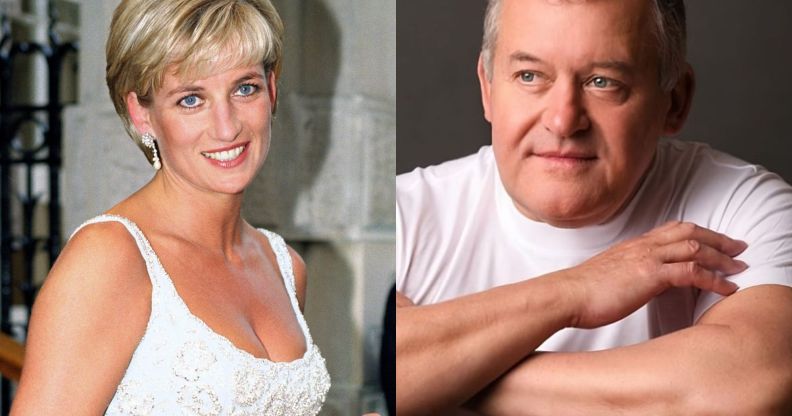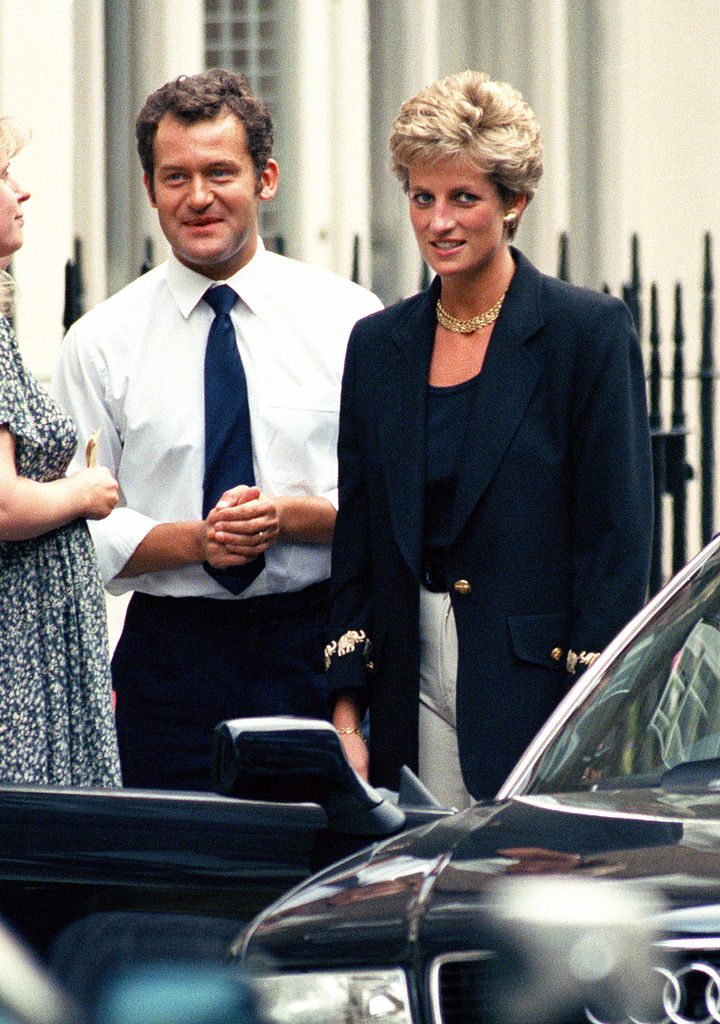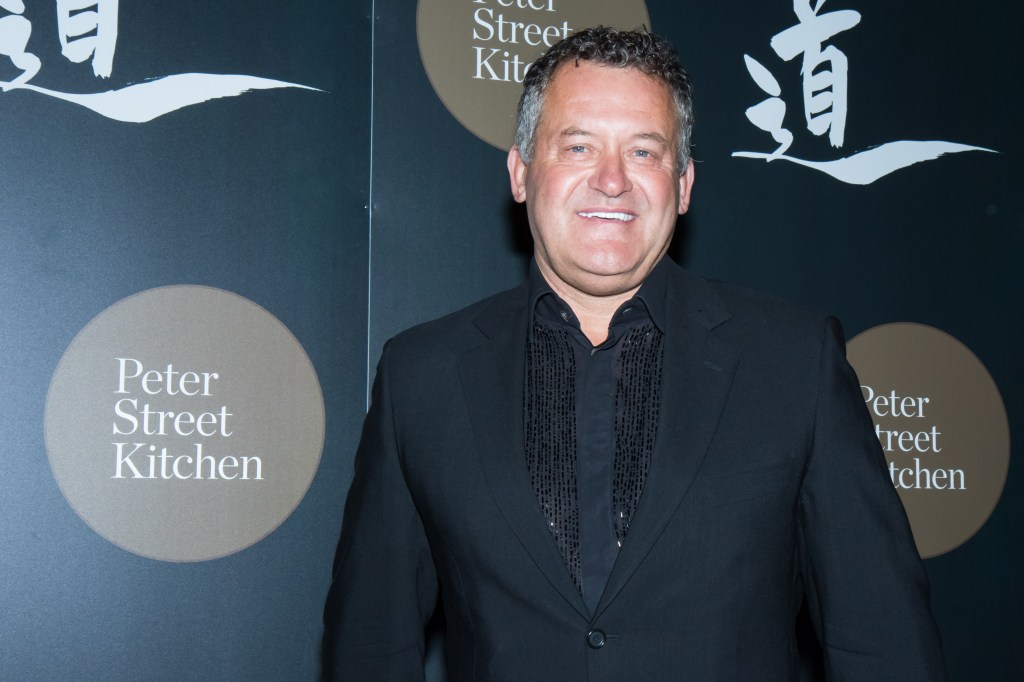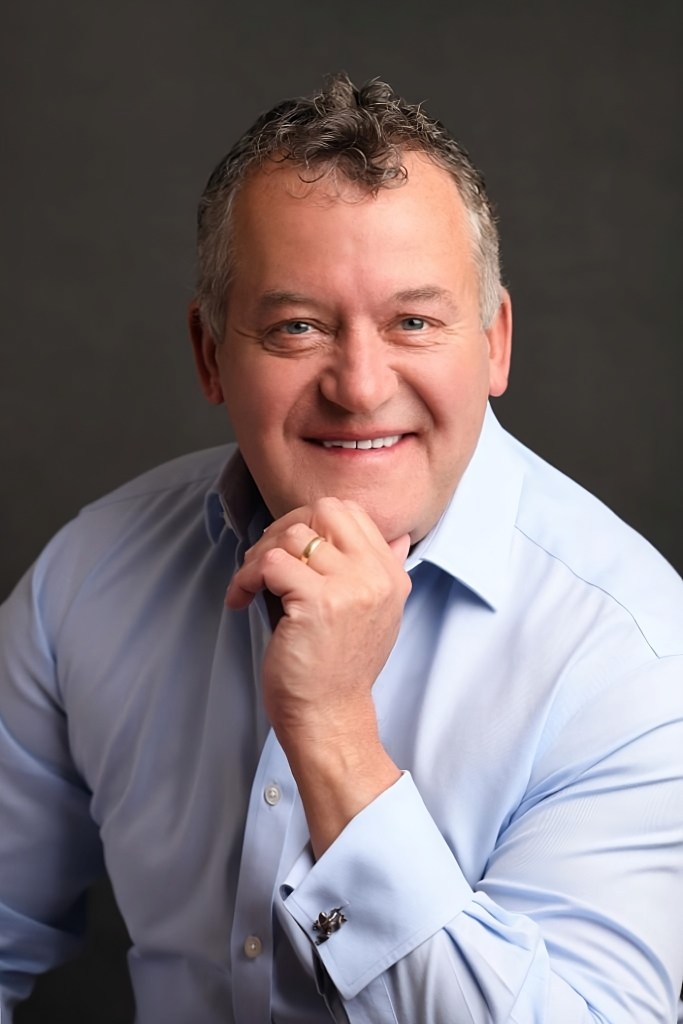Royal butler turned reality star Paul Burrell on helping gay men with prostate cancer: ‘Diana would be proud’

Paul Burrell is best-known as Princess Diana’s former butler. (Getty/Supplied)
A year after being diagnosed with prostate cancer, Paul Burrell wants to help gay men and others with the disease by talking diagnosis, treatment and sex.
Paul, best-known as Princess Diana’s former butler, was undergoing tests ahead of his stint on I’m a Celebrity South Africa when he discovered there was something wrong.
An hour after his tests, the doctor called to tell him that his PSA (prostate specific antigen) level was very high and that he should go to his GP for further examination.
A biopsy confirmed the worst – that he had stage two prostate cancer. He recalls the painful moment he sat in front of his oncologist, holding his husband’s hand, as they processed the diagnosis.

“I sat there for a while, it must’ve been about 10 seconds actually but it seemed like forever, and I said to him, ‘Can you tell me that again? Because it didn’t quite go in. Are you saying I have cancer?’ he tells PinkNews. “And he said, ‘Yes, I am.’”
Paul launched straight into treatment – he was given different forms of radiotherapy and was put on hormone therapy.
Today, things are looking up. His prognosis is good – but he’s disturbed by just how little most people know about prostate cancer. The advice is that men and other people with prostates should start getting tested when they hit 50, but many aren’t aware of that.
Paul was among them. Now 65, he had never been tested for prostate cancer before receiving his diagnosis.
“I was one of those people who said, ‘Well of course I’ll never get cancer, I live a pretty decent life, I don’t drink too much, I don’t eat too much, I don’t do anything to excess. I’m pretty healthy, fit.’
“Cancer is indiscriminate. It can go for anyone.”
Paul is now sharing his story so others will know their risk of prostate cancer – but he also wants gay men and others with a prostate to know how the disease can affect them.
“I asked my oncologist, will I have an orgasm again? Will this affect my [penis]? Will it shrink? Will it shrivel away? Will I be able to have a [ejaculate]?”
He explains: “The answer to the question is, if you’re a passive gay man [a bottom, or a receptive partner in anal sex] you have to obviously be very careful during your treatment.
“It will not affect your sex life – if your partner is understanding he will realise that you may not have an ejaculate again, but that doesn’t mean that you cannot enjoy a happy, very fulfilled sex life, because you can have an orgasm, but just a dry one. Or you may have just a little ejaculate, a clear liquid.”
He adds: “It takes some getting used to, not being ‘normal’, the way you were before the operation. Your life changes.”
Since he started speaking out about his diagnosis, Paul has had emails from countless men who are also being treated for prostate cancer. Many of them have been gay men who felt they couldn’t speak to their doctor.

“They can ask me the question but they can’t ask their GP which I found very interesting – but also it’s a wonderful privilege to be able to share my knowledge with the gay community. Who would have thought it? I’ve only been out five years and I’m already an advocate for Prostate Cancer UK.”
Paul Burrell wants to follow in Princess Diana’s footsteps by giving back to the LGBTQ+ community
It might only be a few years since Paul came out, but he’s doing his best to catch up on lost time. He’s looking forward to attending his first Pride this summer.
Accepting himself and finding the strength to tell others who he is has been a life-changing experience, he explains.
“I was born at a time when homosexuality was illegal. I didn’t know any gay people and I used to pray to God every night to make me straight when I was a little boy and started to experience my feelings towards other men, and I banished it into the corners of my mind.”
Paul “never wanted to be gay” – he wanted a family, to get married. But in the end, he knew he had to be true to himself.

“Only when I met my husband did I realise I had to face this demon which I’d been carrying all my life. I had to face it because my love for him was stronger than the shame which I carried.”
His journey to self-acceptance has inspired Paul to follow in the footsteps of Princess Diana. He wants to give back to the LGBTQ+ community and help others in the same way Diana did with her HIV and AIDS activism.
“In the beginning Princess Diana taught me about life, people, and the fact that all our souls were the same, doesn’t matter what sexual orientation [you are] or the colour of your skin,” Paul says.
“I think she’d be looking down on me saying, ‘Yeah, taught you well, didn’t I?’ So now I can do something she would be proud of.”
Prostate Cancer UK is asking every man to take their 30-second online risk checker, to help understand their risk, and what they can do about it. Find out more at prostatecanceruk.org/riskcheck

